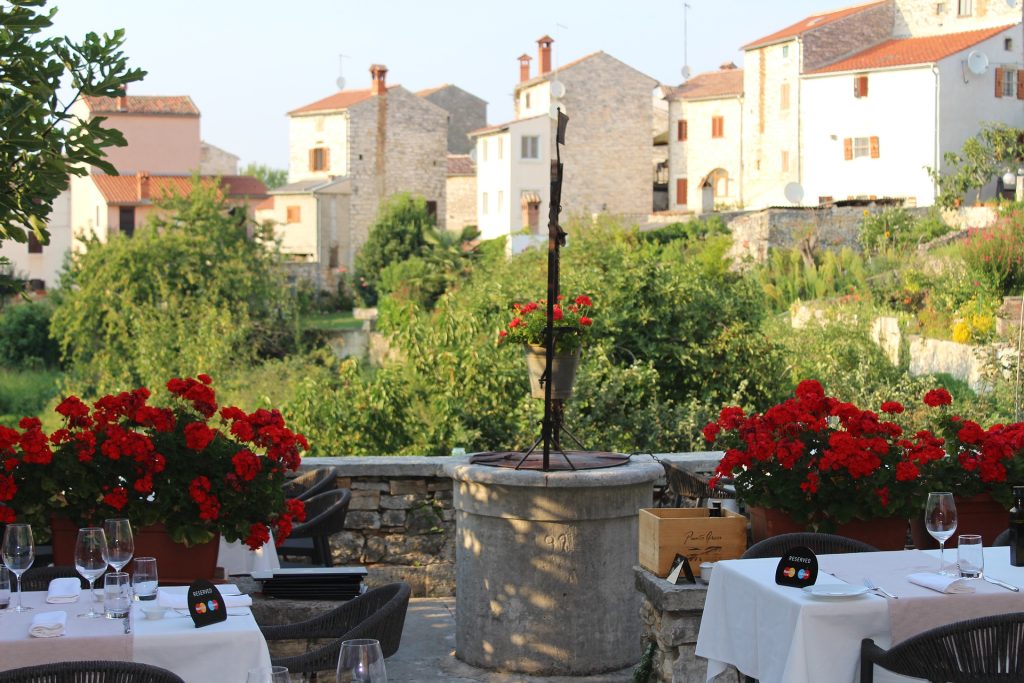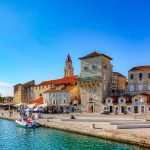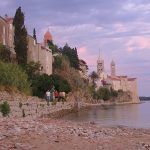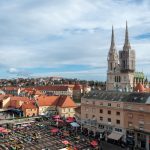August the 3rd, 2023 – It will likely come as no surprise that inflation has done a number on prices. It isn’t the only thing having an effect, however. Croatian tourism sector prices have shot up significantly, by as much as 77% in just four years.
As Poslovni Dnevnik/Marija Crnjak writes, owing to a killer combination of inflation, Croatian Eurozone accession and the business decisions of companies within the tourism sector, this July, prices in tourism rose by as much as 77 percent compared to the pre-pandemic year of 2019. This shocking figure was obtained after the figures of the Tax Administration on fiscalised bills/invoices issued during the first month of the peak tourist season were interpreted.
As much as 1.18 billion euros can be seen as the total amount of fiscalised bills issued in the activities of accommodation, food preparation and serving, compared to 666 million euros earned by these two activities in July 2019, on approximately the same number of issued bills.
A mixed bag when it comes to prices
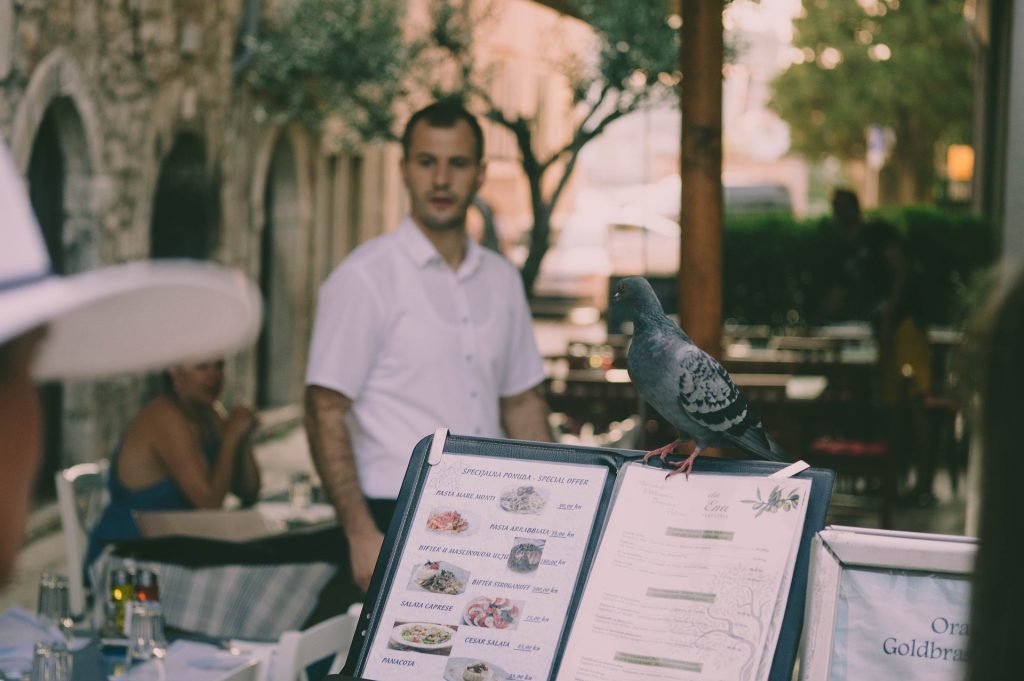
When July 2022 is included in the table, we can actually see that last year we had a bigger jump in prices than this year, but in 2023, we’re still in the double-digits when it comes to growth. That double-digit growth is higher than 20 percent in the accommodation segment, which has risen in price by 85 percent in the last four years alone, while those working in the catering and hospitality sector fiscalised 70 percent more this July than they did back during the same month of 2019.
Hoteliers announced an average price increase of 10 percent back during spring, based on surveys conducted in the early stages of booking. The main reason was the continued growth of costs across all areas, including energy, which is normally at the top of the list of costs, making up a share of about 56 percent, followed by labour costs, which account for a share of about 30 percent and which continued to grow throughout the year.
Hoteliers predicted the greatest increase in costs in the food and beverage segment, but demand growth was also predicted, which was supposed to generate more revenue. The results of hotel operations in the first half of the year show that revenues grew more than physical indicators in the number of overnight stays, thanks to the increase in prices. In the first six months of 2023, Valamar increased their prices by almost 19 percent on average. In its report, Arena states an average price increase of 22.8 percent, Liburnia Riviera Hotels say that they’ve risen their prices by 33 percent compared to 2019, although in comparison, this is only four percent more than last year, but these are prices typically achieved before the peak of the summer season.
What about Croatian tourism prices in private accommodation?
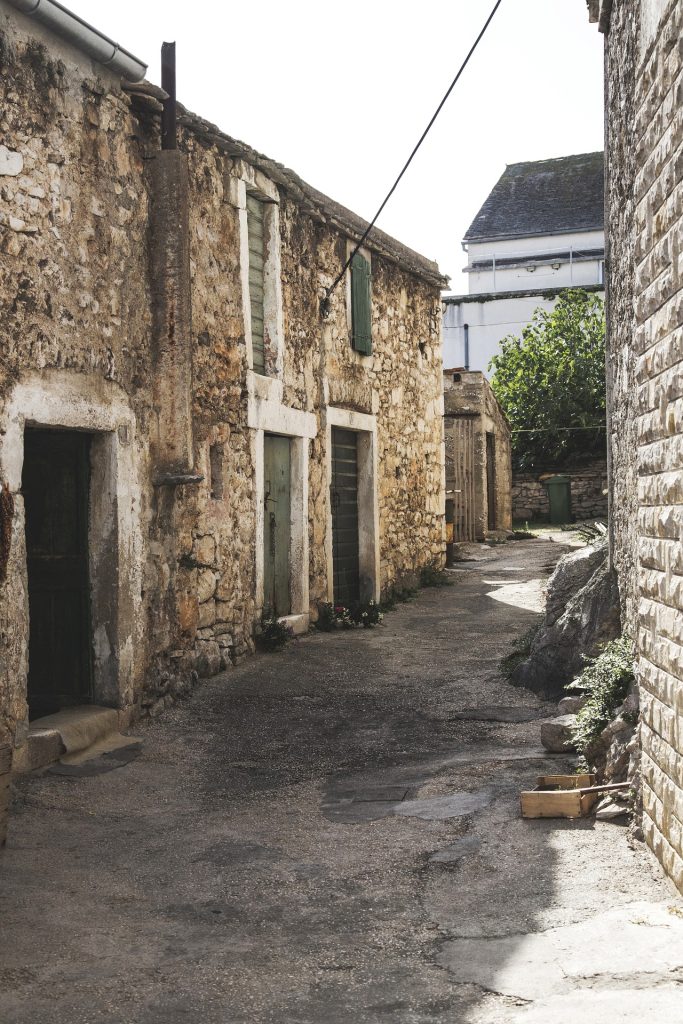
Although there are no separate figures on the increase in prices in the private accommodation sector, agencies warned at the beginning of the summer that prices had risen by 40 to 50 percent, which could easily result in a drop in demand.
Judging by the unofficial figures on the number of overnight stays which have been issued so far, tourist traffic of about 30 million overnight stays in July is approximately at the level of the record year of 2019, but we’re still waiting for the official statistics that will show occupancy by individual segment. There have also been warnings of a significant increase in the prices of catering and hospitality services that could affect demand. That said, in July, the number of bills issued in cafes and restaurants was slightly higher than at the same time last year, and only slightly lower than in 2019, when we were able to drink and eat at significantly lower prices.
According to data from the Tax Administration on fiscalisation, 42.3 million bills and invoices were issued in the hospitality industry last year in July, this year there have been 43.5 million bills issued, and in July before the pandemic, there were 44.2, and these were issued in the segment of food and beverage preparation and service alone. The number of bills issued in the accommodation sector in July is only a few tens of thousands lower than it was back in 2019, but their amount is 20 percent higher, reaching 595 million euros this year, in contrast to only 320 million euros received through fiscalisation in accommodation in 2019.
A significant increase in July this year – for some
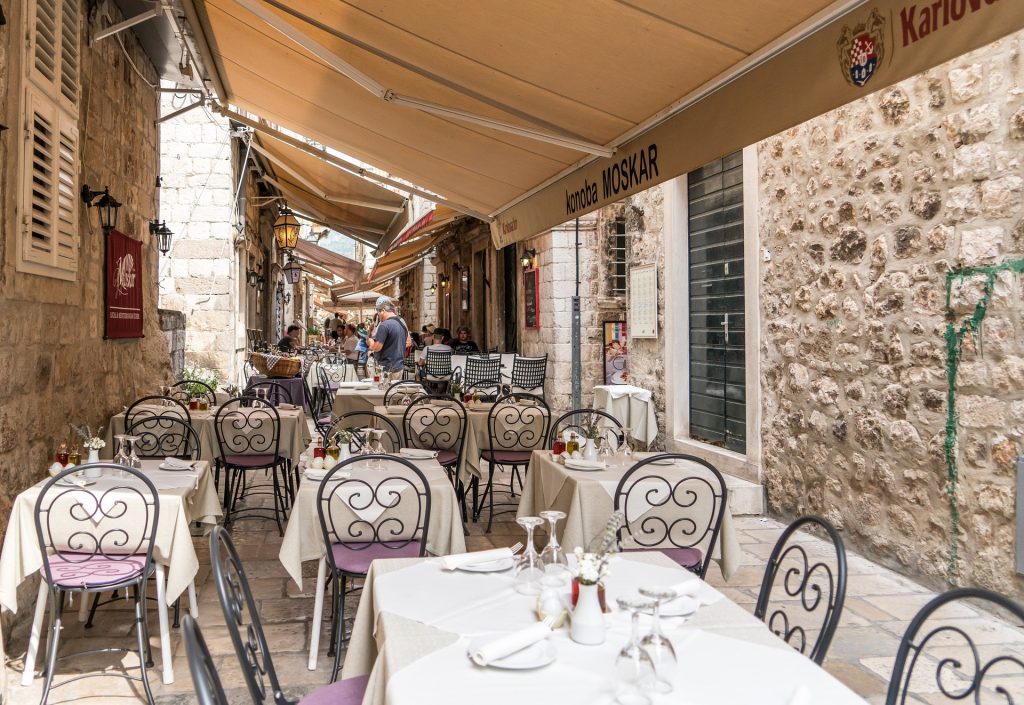
Before the outbreak of the global coronavirus pandemic, restaurateurs made 346 million euros in July 2019, and this year their turnover stood at 587 million euros, which is equal to approximately 70 percent more. Both activities significantly exceeded revenues of one billion euros if we’re looking at the amount of bills issued alone, which is more than last August, which is the financially strongest month in tourism. With this dynamic, at least 1.4 billion euros in fiscalised bills can be expected this August across both of these industries, which will fill the state budget and could also free up more money for investments in tourism.
Investments and Croatian tourism prices are linked
The fact that more money could be freed up is indicated by the announcements of some of the leading hotel companies that are continuing with their various investments, including those which were put on pause at the beginning of the pandemic. Valamar is launching an investment in the Pinea project in the Istrian city of Poreč which carries a total value of 130 million euros, the construction of which began in 2019. Due to the pandemic-induced economic crisis, construction was temporarily suspended in 2020, and then postponed due to the energy crisis, inflation and the slowdown in economic growth. It was only this June that the Supervisory Board finally approved the restarting of this particular project.
Hilton in glorious Opatija
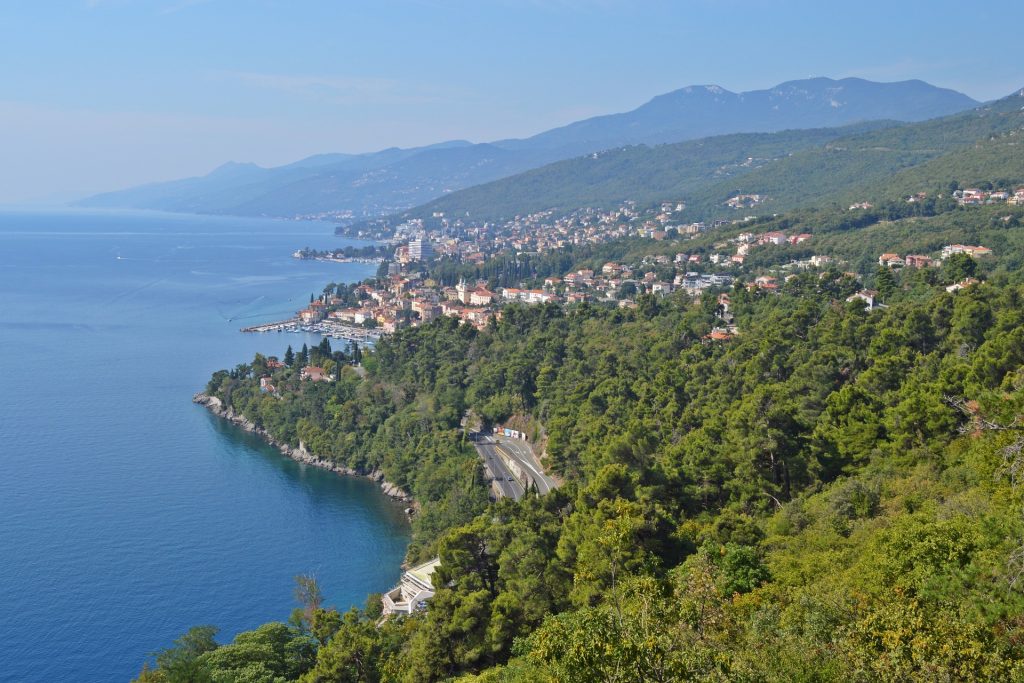
The planned investments within Maistra this year amount to almost 100 million euros, and they mostly regard camps in Istria, the hotels Zonar and Westin in Zagreb, and Marjan in Split. This year, Auctor invested around 50 million euros in the Punta Nova camping project in Povljana on Pag. This is otherwise one of the strategic projects for Croatia that Auctor took over from the Effectus fund.
The Hauptfeld family, which is building the first Croatian Curio Collection by Hilton in Opatija, has decided to continue that hotel project following the uncertain period of the pandemic and inflation, and a brand new hotel with 54 rooms should open in that popular Kvarner seaside town next year.

